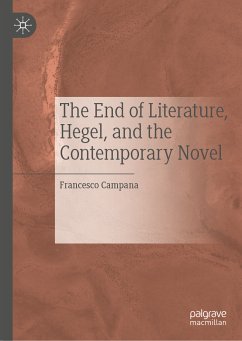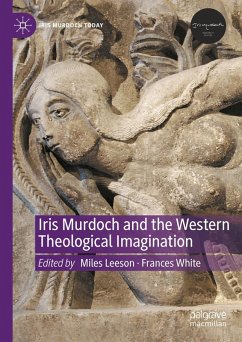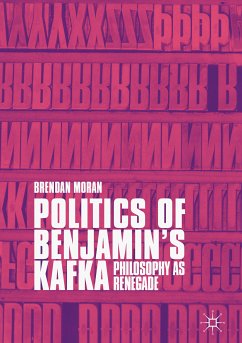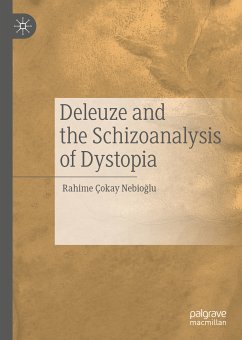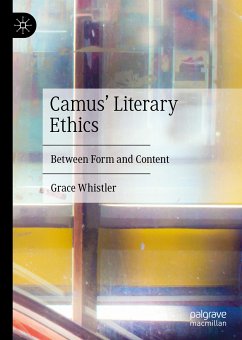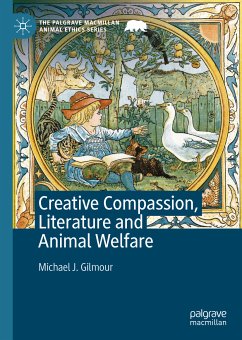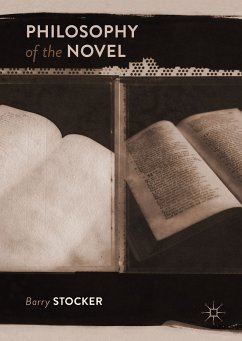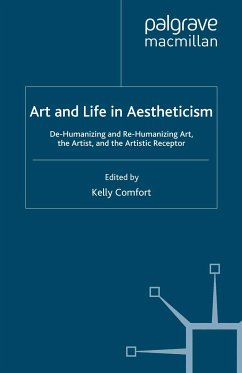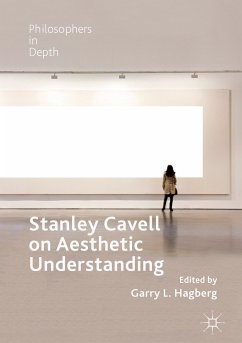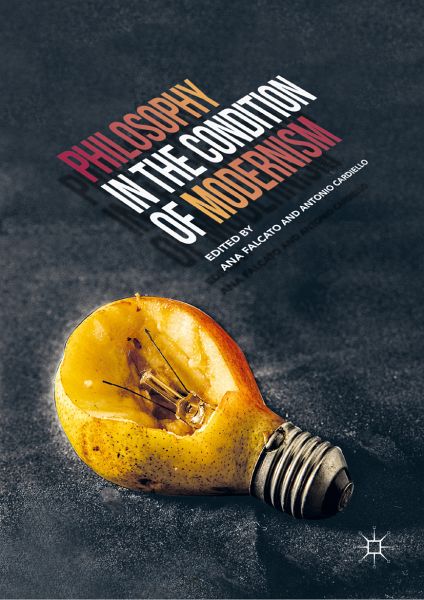
Philosophy in the Condition of Modernism (eBook, PDF)
Versandkostenfrei!
Sofort per Download lieferbar
72,95 €
inkl. MwSt.
Weitere Ausgaben:

PAYBACK Punkte
36 °P sammeln!
Produced on the fringes of philosophy and literary criticism, this book is a pioneering study which aims to explicitly address and thematize what may be called a "critical philosophy in the condition of modernism". Its most important and original contribution to both disciplines is a self-conscious reflection on possible modes of writing philosophy today, and a systematic comparison with what happened in literary modernism at the beginning of the twentieth-century. The volume is divided into six sections, where internationally renowned scholars discuss such pressing topics as the role of an un...
Produced on the fringes of philosophy and literary criticism, this book is a pioneering study which aims to explicitly address and thematize what may be called a "critical philosophy in the condition of modernism". Its most important and original contribution to both disciplines is a self-conscious reflection on possible modes of writing philosophy today, and a systematic comparison with what happened in literary modernism at the beginning of the twentieth-century. The volume is divided into six sections, where internationally renowned scholars discuss such pressing topics as the role of an unreliable narrator in a major philosophical treatise, the different mediums of art-production and how these impact on our perception of the Work itself, the role of narrative in animal ethics and the filmic adaption of a Modernist classic.
Dieser Download kann aus rechtlichen Gründen nur mit Rechnungsadresse in A, B, BG, CY, CZ, D, DK, EW, E, FIN, F, GR, HR, H, IRL, I, LT, L, LR, M, NL, PL, P, R, S, SLO, SK ausgeliefert werden.



